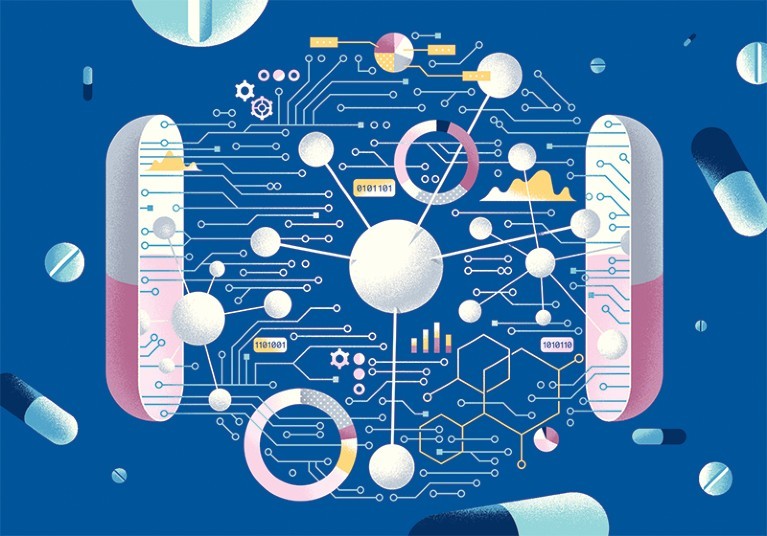Top Medical Innovations for 2023
Introduction
As technology continues to advance at an unprecedented pace, the field of medicine is also experiencing remarkable breakthroughs. From cutting-edge treatments to revolutionary devices, the medical industry is constantly evolving to improve patient care and outcomes. In this article, we will explore the top medical innovations that are expected to make a significant impact in 2023.
1. Artificial Intelligence in Healthcare
Artificial Intelligence (AI) has already begun to revolutionize the healthcare industry, and its impact is only expected to grow in 2023. AI-powered systems can analyze vast amounts of patient data, assist in diagnosing diseases, and predict outcomes with a high level of accuracy. This technology enables healthcare professionals to make more informed decisions and provide personalized treatment plans. Additionally, AI can optimize administrative tasks, such as managing electronic health records and streamlining workflows, ultimately improving efficiency in healthcare settings.
2. Gene Editing Therapies
Gene editing technologies, such as CRISPR-Cas9, have the potential to transform the treatment of genetic diseases. In 2023, we can expect further advancements in gene editing therapies, allowing scientists to precisely modify genes associated with hereditary conditions. This innovation holds promise for conditions like cystic fibrosis, sickle cell anemia, and muscular dystrophy. Gene editing therapies offer the potential for long-lasting and even permanent treatment options for patients with genetic disorders.
3. Telemedicine and Remote Patient Monitoring
The COVID-19 pandemic accelerated the adoption of telemedicine, and this trend is likely to continue in 2023. Telemedicine allows patients to consult with healthcare professionals remotely, reducing the need for in-person visits and improving access to care, especially for those in remote areas. Additionally, remote patient monitoring devices, such as wearables and sensors, enable healthcare providers to remotely track patients’ vital signs and health parameters. This technology allows for early detection of potential health issues and timely interventions, enhancing patient safety and reducing hospital readmissions.
4. Robotics in Surgery
Robotic-assisted surgery has already made significant strides in improving surgical precision and patient outcomes. In 2023, we can expect further advancements in robotic surgery technology. Robots equipped with artificial intelligence can assist surgeons in performing complex procedures with enhanced precision, reducing the risk of human error. Robotic surgery also allows for smaller incisions, leading to faster recovery times and reduced scarring for patients. As this technology becomes more accessible and refined, it has the potential to transform various surgical specialties.
5. Personalized Medicine
Personalized medicine aims to tailor medical treatment to an individual’s unique characteristics, such as their genetic makeup, lifestyle, and environmental factors. In 2023, we anticipate significant progress in this field, particularly in oncology. Advancements in genomic sequencing and biomarker identification enable healthcare professionals to develop targeted therapies for cancer patients. By understanding the specific molecular alterations driving a patient’s cancer, personalized medicine can optimize treatment plans, improve response rates, and minimize side effects.
Conclusion
The year 2023 holds immense promise for medical innovation. From the integration of artificial intelligence in healthcare to the advancement of gene editing therapies, these breakthroughs have the potential to revolutionize patient care and treatment outcomes. With the continued collaboration between scientists, healthcare professionals, and technology experts, we can look forward to a future where medical innovations improve the quality of life for individuals worldwide.

